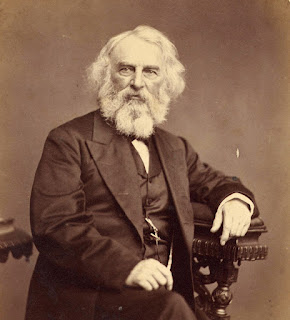Search This Blog
Click 4 Freedom is a blog set up to help the people defense force and refugees in Karenni State.
Featured
I Loved You by Alexander Pushkin
Alexander Pushkin
Alexander Pushkin was born on May 26, 1799, in Moscow, Russia, to Sergei, a retired Russian major from an old boyar family, and Nadezhda Pushkin, the granddaughter of a nobleman of African origin named Abram Hannibal. He was a 19th-century Russian poet, novelist, dramatist, and short-story writer. He is remembered as the founder of modern Russian literature, and his works have been adapted into operas by several Russian composers. At a time in Russian history when writers were predominantly aristocrats, Pushkin became the first literary figure to establish writing as a profession. He continued to combine social commentary with his art and established himself as a vital voice in Russian society. Pushkin created the language of modern Russian poetry. His personal life was made difficult by his conflicts with the authorities who disapproved of his liberal views. He was killed in a duel. Pushkin died of peritonitis on January 29. His coffin was later transferred from the ‘Konyushennaya Church’ to the ‘Svyatogorsky Monastery,’ near Pskov, and buried beside his mother's grave there.
Alexander Pushkin published his first poem at the age of fifteen, and was widely recognized by the literary establishment by the time of his graduation from the Tsarskoye Selo Lyceum. Pushkin wrote ‘I Loved You’ in 1829 and published it a year later in 1830. It is a wonderful example of Pushkin’s verse and the way that he considered women in his life and literature. Since its publication, it has been set to music by several different artists and composers.
'I Loved You' by Alexander Pushkin is a simple but effective poem in which the speaker expresses his devotion and respect for a woman he loved.
He tells the listener, his past beloved, that despite the end of whatever relationship they had, he still maintains some love in his heart for her. This is not something that makes him sad, nor should it make her sad. He is only telling her so that she knows the depth of his affection. The speaker lists out some of the many ways he has loved her, from jealously to hopelessly. The poem concludes with the speaker telling the woman that he hopes that God grants her another man to love her in the same way again.
‘I Loved You’ by Alexander Pushkin is an eight-line poem that was originally written in Russian. It has since been translated into English by several different people. This particular version of the poem was translated by Yevgeny Bonver. Due to the fact that it was not originally written in English, the rhyme and rhythm of the poem has likely been altered. It is exceedingly hard and rare for a translated version of a poem to maintain the meaning along with the rhyme and rhythm from one language to the next. This particular version is separated into two sets of four lines, known as quatrains. The liens are all very similar in length.
I Love You
The former love has never gone away,
But let it not recall to you my dole;
I wish not sadden you in any way.
I loved you silently, without hope, fully,
In diffidence, in jealousy, in pain;
I loved you so tenderly and truly,
As let you else be loved by any man.
Comments
Popular Posts
The Builders by Henry Wadsworth Longfellow
- Get link
- X
- Other Apps





I loved you silently without hope.
ReplyDeleteA Russian poet to remember at the time of Putin problem.
ReplyDeleteSame U too
ReplyDeleteIt's Ok
ReplyDeleteI loved you so tenderly and truly,
ReplyDeleteok
ReplyDeleteyep
ReplyDeleteclick
ReplyDeleteThis comment has been removed by the author.
ReplyDeleteHave a great day. Thanks for sharing.
ReplyDelete